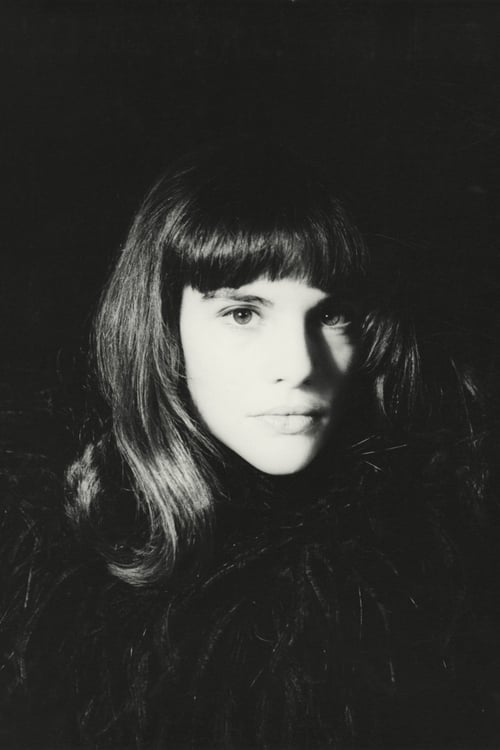Amy Taubin
Birth : 1939-09-10, New York, New York
History
Amy Taubin (born September 10, 1939) is an American film critic. She is a contributing editor for two prominent film magazines, the British Sight & Sound and the American Film Comment. She has also written regularly for The Village Voice, The Millennium Film Journal, and Artforum, and used to be curator of video and film at the non-profit experimental performance space The Kitchen.
Description above from the Wikipedia article Amy Taubin, licensed under CC-BY-SA, full list of contributors on Wikipedia.
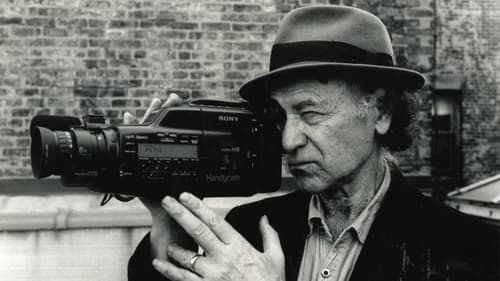
For over 70 years, Jonas Mekas, internationally known as the "godfather" of avant-garde cinema, documented his life in what came to be known as his diary films. From his arrival in New York City as a displaced person in 1949 to his death in 2019, he chronicled the trauma and loss of exile while pioneering institutions to support the growth of independent film in the United States. Fragments of Paradise is an intimate look at his life and work constructed from thousands of hours of his own video and film diaries-including never-before-seen tapes and unpublished audio recordings. It is a story about finding beauty amidst profound loss, and a man who tried to make sense of it all... with a camera.
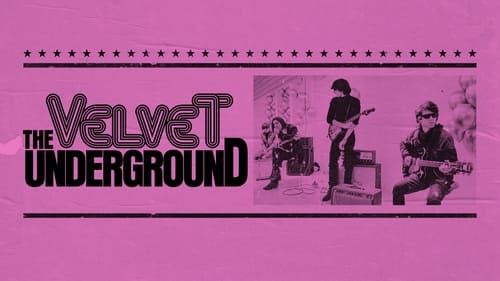
Self
Experience the iconic rock band's legacy in the first major documentary to tell their story. Directed with the era’s avant-garde spirit by Todd Haynes, this kaleidoscopic oral history combines exclusive interviews with dazzling archival footage.

The 29-minute experimental film Christmas on Earth caused a sensation when it first screened in New York City in 1964. Its orgy scenes, double projections and overlapping images shattered artistic conventions and announced a powerful new voice in the city's underground film scene. All the more remarkable, that vision belonged to a teenager, 18-year-old Barbara Rubin. A Zelig of the '60s, she introduced Andy Warhol to the Velvet Underground, Bob Dylan to Kabbalah and bewitched Allen Ginsberg. The same unbridled creativity that inspired her to make films when women simply didn't, saw her breach yet another male domain, Orthodox Judaism, before her mysterious death at 35. Lifelong friend Jonas Mekas saved all her letters, creating a rich archive that filmmaker Chuck Smith carefully sculpts into this fascinating portrait of a nearly forgotten artist. An avante-garde maverick, a rebel in a man's world, Barbara Rubin regains her rightful place in film history.

Herself
A documentary about the production, release and reception of Kevin Smith's 1997 Miramax cult classic "Chasing Amy."

Self
A documentary on serial killer films.
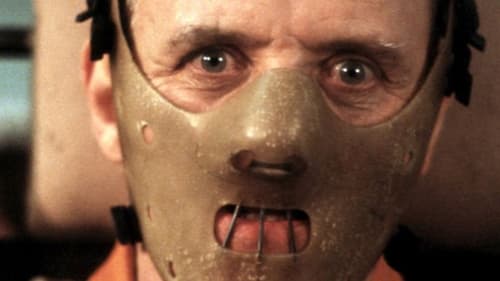
Self
A behind-the-scenes look at the making of this Oscar winning thriller, prepared for its tenth anniversary. Includes interviews with star Anthony Hopkins, as well as other members of the cast and crew, giving their views on the experience of creating this masterpiece of terror and suspense.
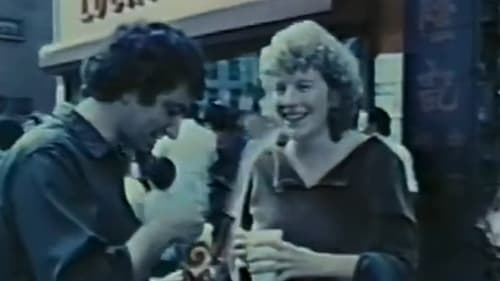
Self
Filmmaker Jonas Mekas films 160 underground film people over four decades.

An epic meditation on psychoanalysis, the Baader-Meinhof, feminism, and pre-revolutionary Russia.
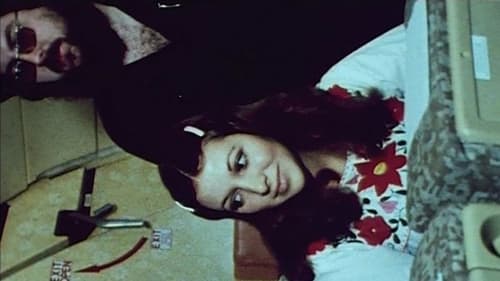
Described (rather cheekily) by director Michael Snow as a musical comedy, this deft probing of sound/image relationships is one of his wittiest, most entertaining and philosophically stimulating films. In his words, the film “derives its form and the nature of its possible effects from its being built from the inside, as it were, with the actual units of such a film, i.e. the frame and the recorded syllable. Thus its ‘dramatic’ element derives not only from a representation of what may involve us generally in life but from considerations of the nature of recorded speech in relation to moving light-images of people.’”
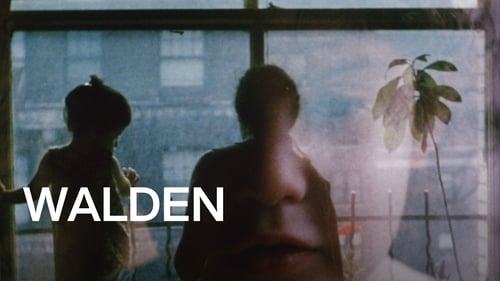
Self
An epic portrait of the New York avant-garde art scene of the 60s.

Laura
In New York City, a relationship is threatened when a young man discovers he's caught syphilis from a tryst with a waitress named Ellie (Lynne Lipton). This threatens his relationship with a new girl. Film critic Amy Taubin co-stars as the new girl who gets the bad news. The director is apparently the same man who edited Fritz Lang's The Testament of Dr. Mabuse.

Wavelength consists of almost no action, and what action does occur is largely elided. If the film could be said to have a conventional plot, this would presumably refer to the three “character” scenes. In the first scene two people enter a room, chat briefly, and listen to “Strawberry Fields Forever” on the radio. Later, a man (played by filmmaker Hollis Frampton) enters inexplicably and dies on the floor. And last, the female owner of the apartment is heard and seen on the phone, speaking, with strange calm, about the dead man in her apartment whom she has never seen before.
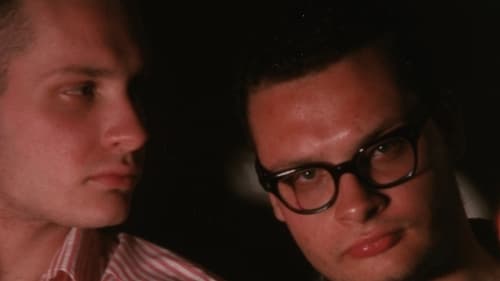
Herself
In March and April of 1966, Markopoulos created this filmic portrait of writers and artists from his New York circle, including Parker Tyler, W. H. Auden, Jasper Johns, Susan Sontag, Storm De Hirsch, Jonas Mekas, Allen Ginsberg, and George and Mike Kuchar, most observed in their homes or studios. Filmed in vibrant color, Galaxie pulses with life. It is a masterpiece of in-camera composition and editing, and stands as a vibrant response to Andy Warhol's contemporary Screen Tests.

Self
The films were made between 1964 and 1966 at Warhol's Factory studio in New York City. Subjects were captured in stark relief by a strong key light, and filmed by Warhol with his stationary 16mm Bolex camera on silent, black and white, 100-foot rolls of film at 24 frames per second. The resulting two-and-a-half-minute film reels were then screened in 'slow motion' at 16 frames per second.

Herself
The couch at Andy Warhol's Factory was as famous in its own right as any of his Superstars. In Couch, visitors to the Factory were invited to "perform" on camera, seated on the old couch. Their many acts-both lascivious and mundane-are documented in a film that has come to be regarded as one of the most notorious of Warhol's early works. Across the course of the film we encounter such figures as poets Allen Ginsberg and Gregory Corso, the writer Jack Kerouac, and perennial New York figure Taylor Mead.
